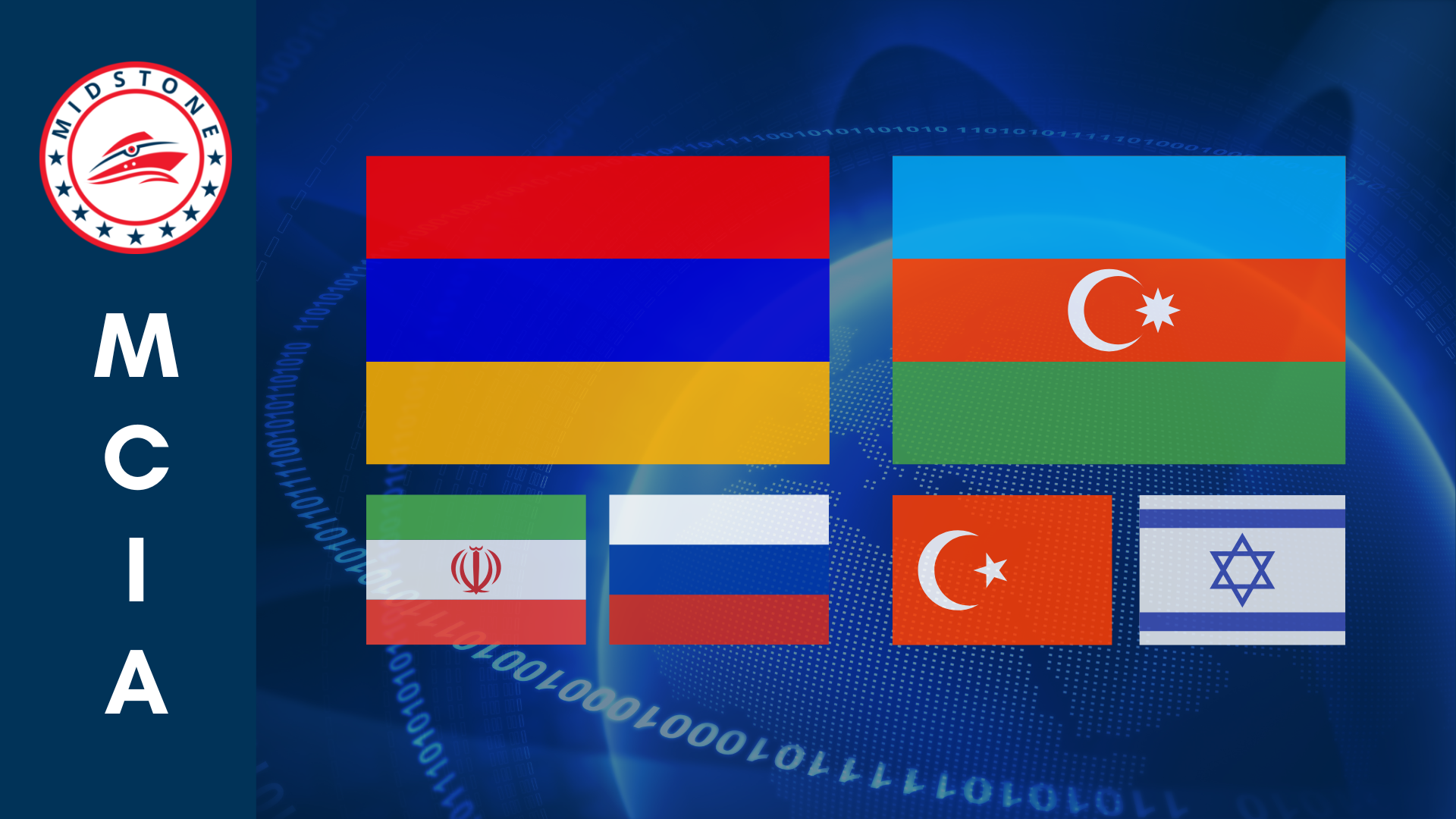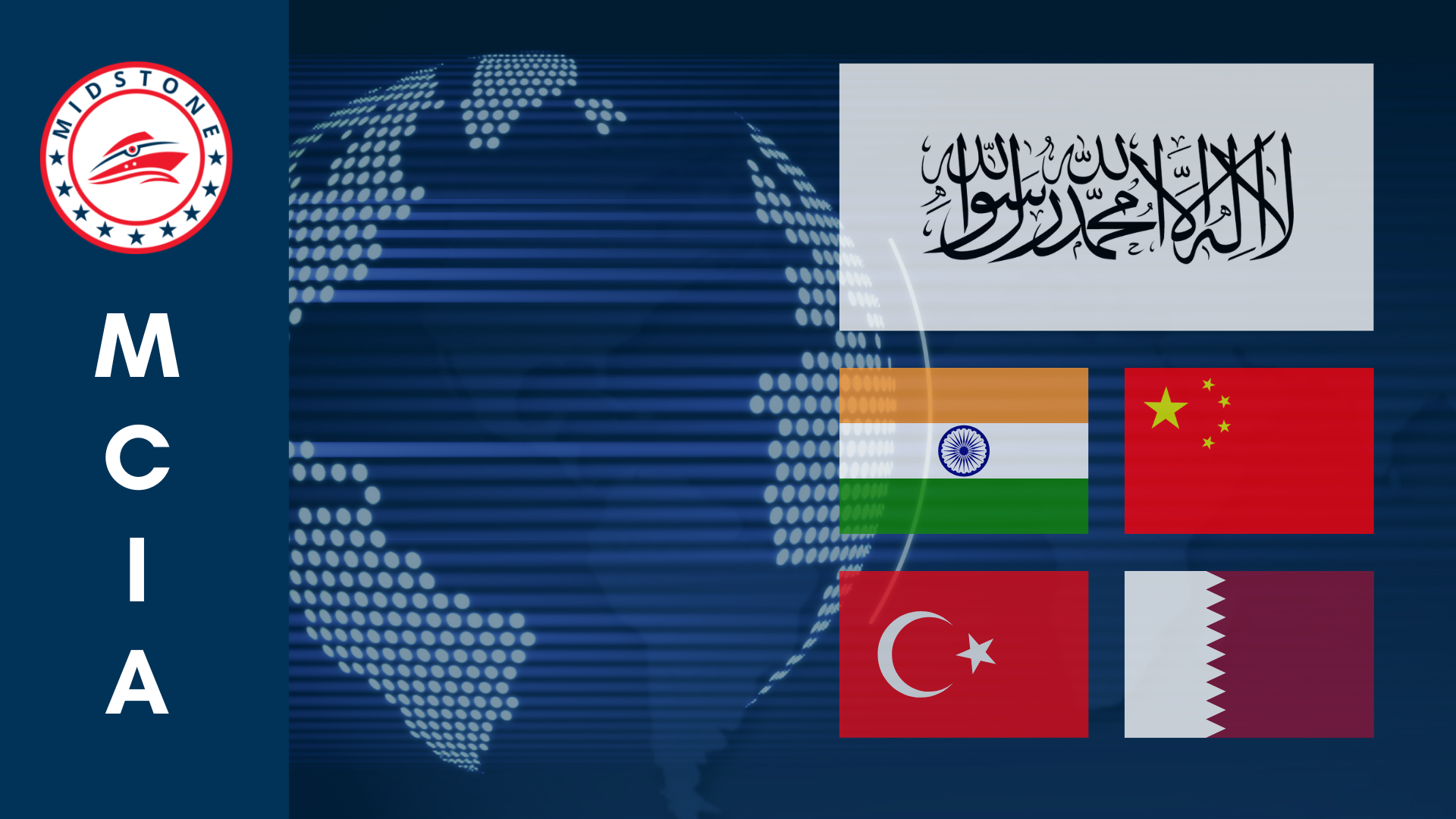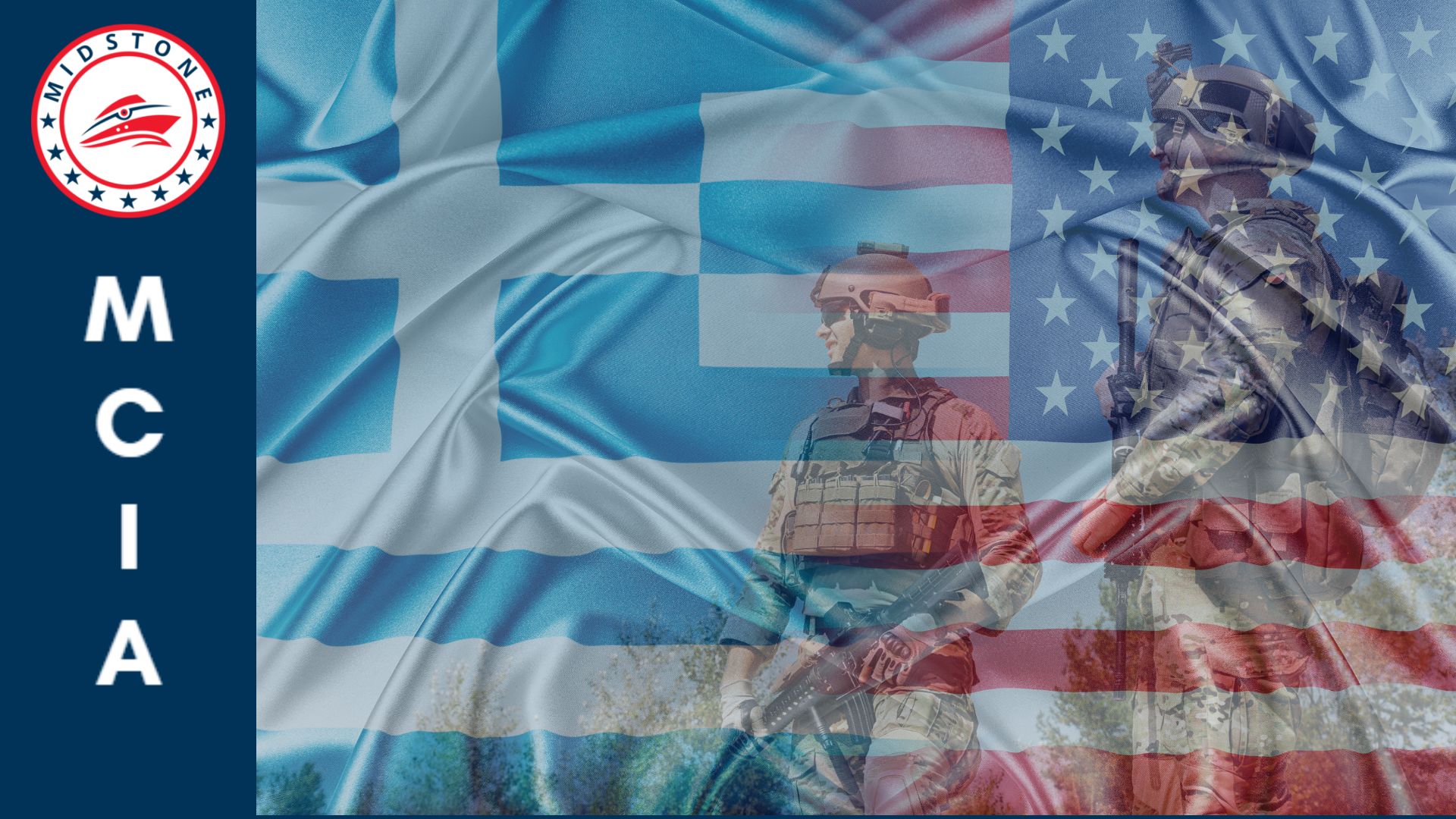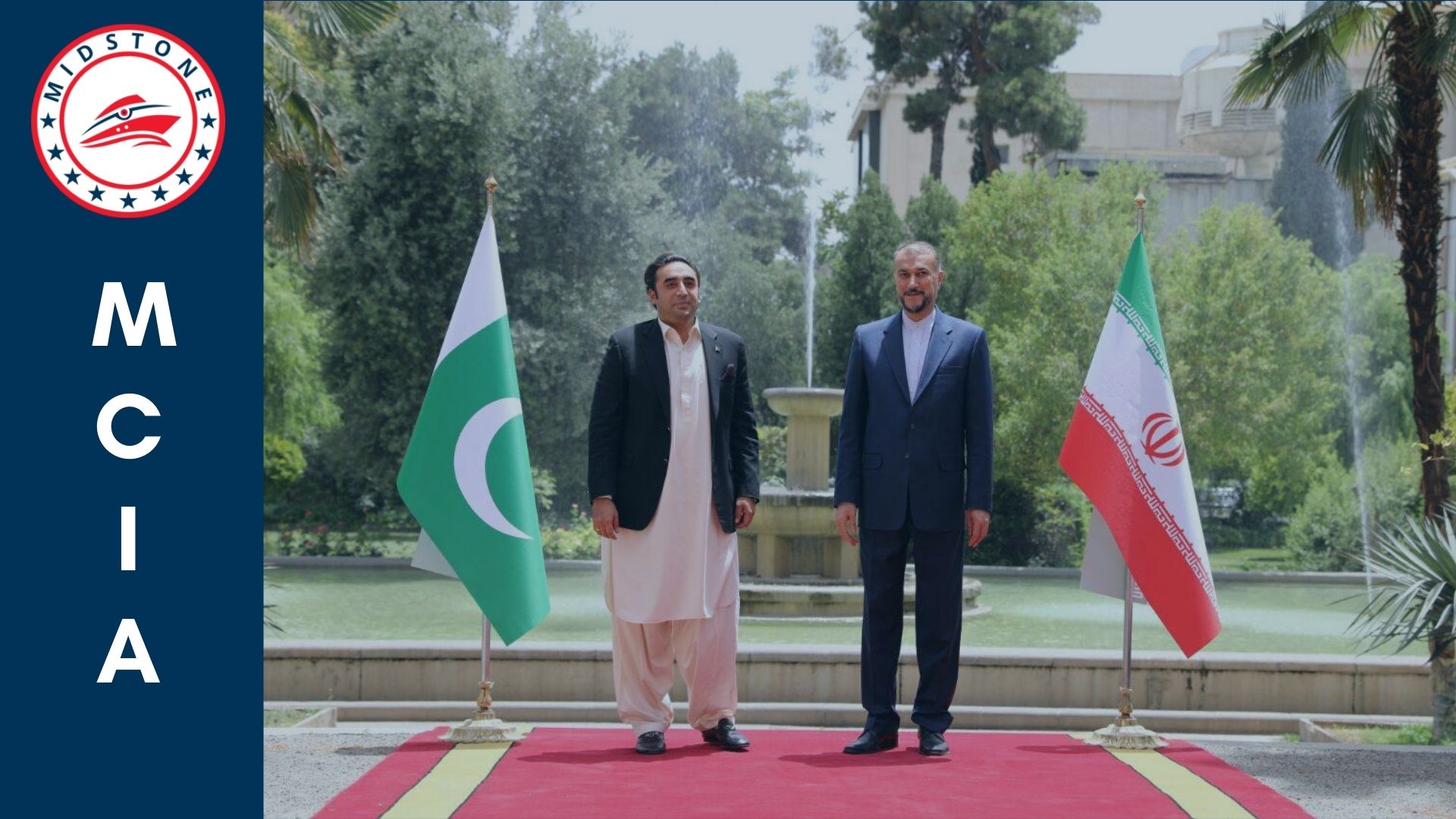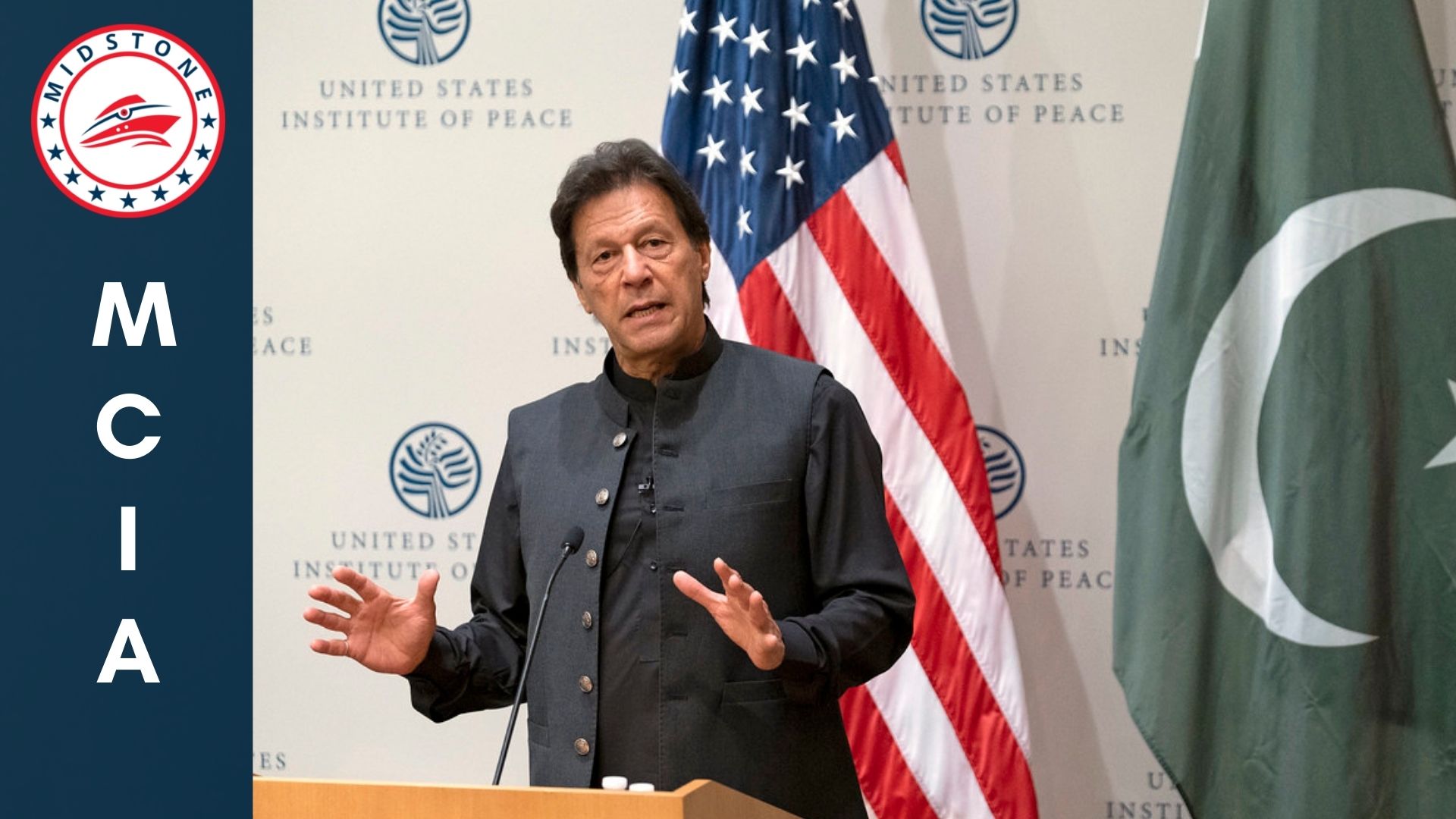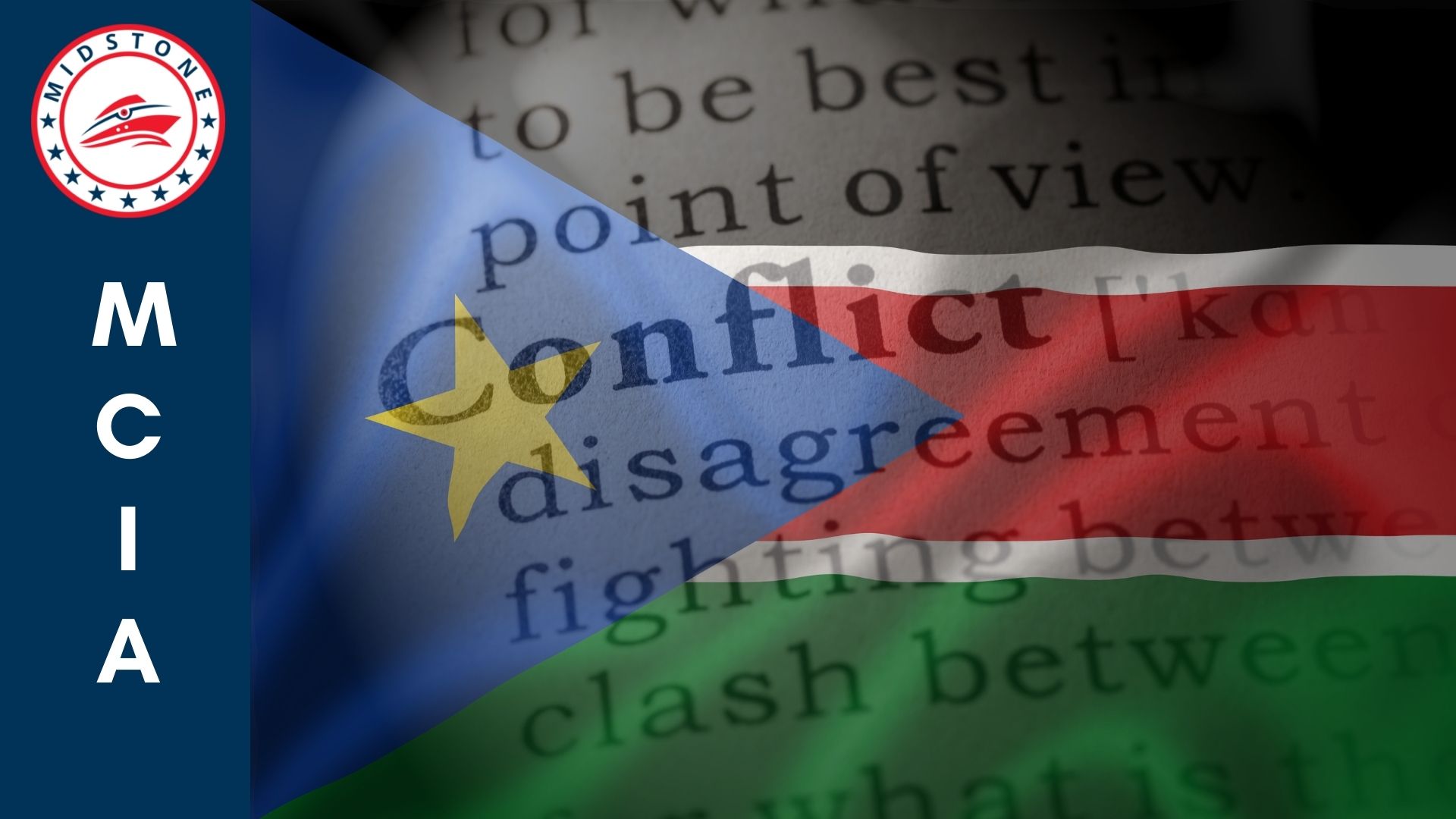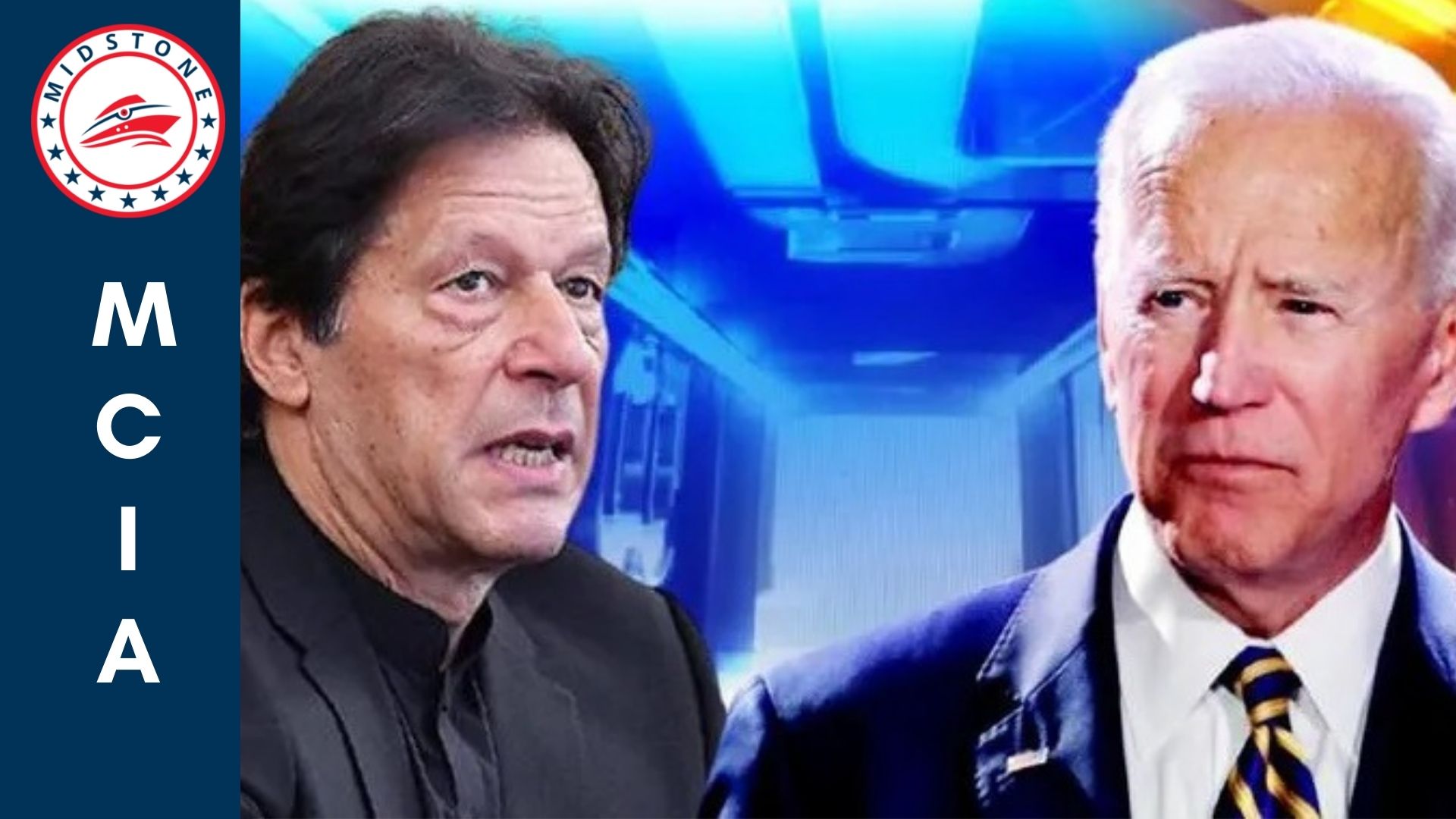In this article, we explore the Nagorno-Karabakh conflict, a regional power struggle involving Armenia, Azerbaijan, and major powers like Iran, Israel, Turkey, Russia, and the United States. We examine the complex strategic interests, alliances, and rivalries that shape this ongoing dispute and its far-reaching implications.
When the Taliban took power in Kabul in August 2021, many countries in the world expressed grave concern for the citizens of Afghanistan whose fate was sealed under the rule of a terrorist organization. About sixty countries published a joint statement expressing responsibility for human life, and their property, and restoring the Afghan people's sense of security. After about two decades of the Taliban fighting as an opposition to the Afghan government, which enjoyed the support of NATO and the United States, the organization returned to control the poor country and the war-torn country in South Central Asia.
It is rare in 2022 to announce that a country has had a good week geopolitically, but one country in Europe managed to pull it off with little or no fanfare.
The country in Europe that managed to pull off this feat is Greece. There are two important reasons why this happened and what will come as a surprise to many readers - both reasons have the same conduit for action. That conduit is their relations with the United States of America.
On the 14th of June, Pakistan's Foreign Minister Bilawal Bhutto met with President of Iran Ayatollah Ebrahim Raisi. He conveyed the greetings of the Prime Minister of Pakistan Shehbaz Sharif, who was not present and invited him to visit Pakistan at his earliest convenience - a reiteration of Prime Minister Shehbaz Sharif's invitation in April to Iran’s President Ebrahim Raisi to visit Islamabad.
How are the relations between French people and French-Canadian people? It depends. Between both people there exists a significant portion of the population who think the other side is a friendly people. In France, people who dislike French-Canadians will often blame them for being uneducated, citing the Quebec “joual” accent/dialect, and many people in Quebec will find French people racist towards non-white people, sexist or macho in their approach towards women for example. But overall both people have a respect for each other. Very often French people will call French-Canadians their “cousins”.
On the 28th of April 2022, the UN Panel of Experts for South Sudan released its most recent report which documents events occurring in South Sudan. It does not paint a rosy picture at this time. One of the key findings is that the 2018 peace accord, which…
Pakistan's former Prime Minister Imran Khan recently went on an anti-U.S. tirade after facing a No Confidence Motion by the Opposition and seeing his own party members defecting to the other camp. This was a political last resort for Imran Khan, who has formed a personality cult at…

